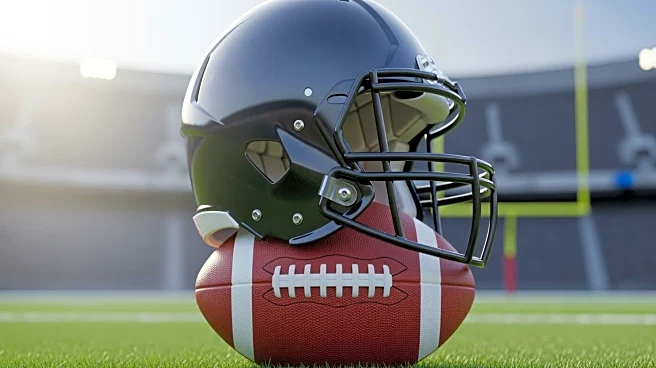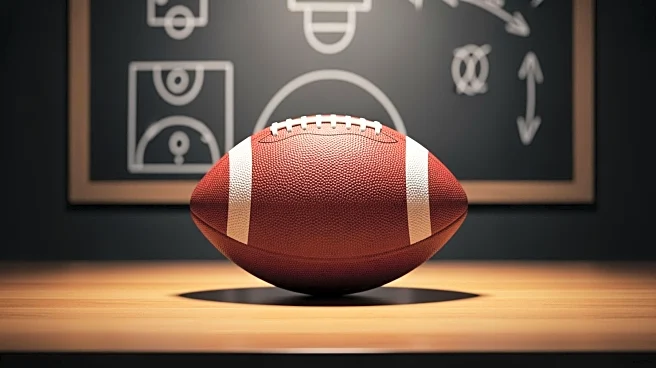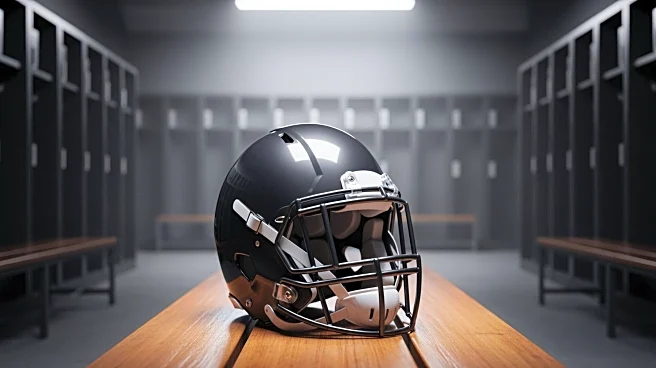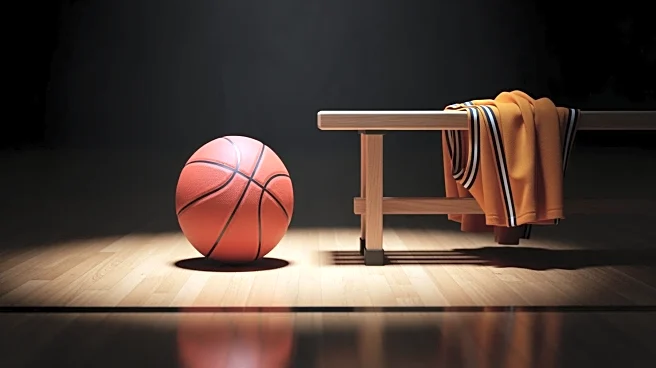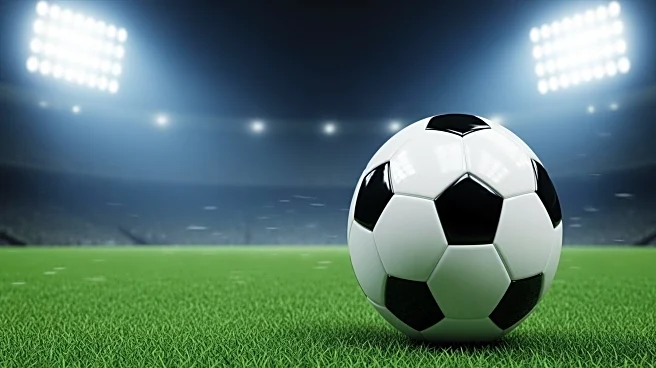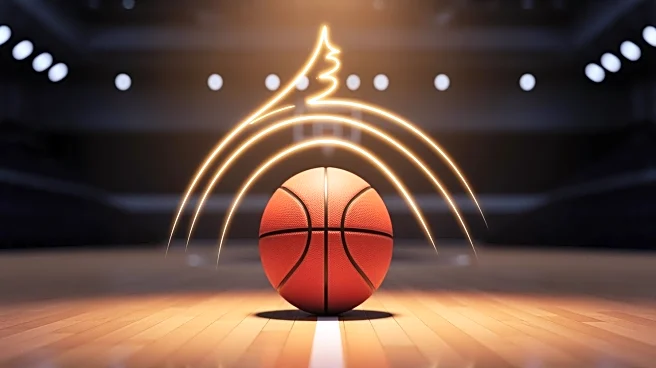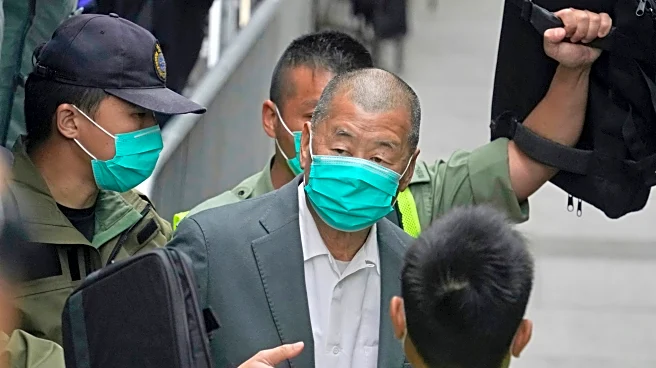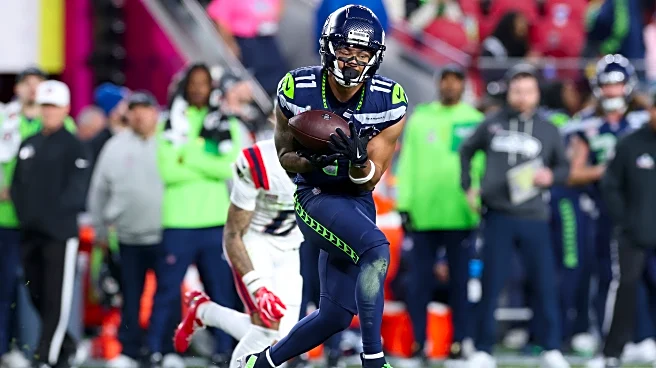What's Happening?
During the Seattle Seahawks' 27-19 win over the Houston Texans, former NFL player turned referee Nate Jones intervened to protect Seahawks receiver Jaxon Smith-Njigba. The incident unfolded after Texans cornerback Derek Stingley Jr. intercepted a pass
and stiff-armed Smith-Njigba, knocking off his helmet. Smith-Njigba responded with a shove, leading to Texans linebacker Christian Harris pushing him onto a bench. Jones, who played in the NFL for eight years, stepped in to shield Smith-Njigba from further confrontation, physically positioning himself between the player and the Texans' sideline. Jones' actions were widely praised for preventing the situation from escalating.
Why It's Important?
Nate Jones' intervention during the game highlights the essential role of referees in ensuring player safety and maintaining order on the field. By stepping in, Jones prevented a potentially dangerous situation, emphasizing the importance of officials in managing on-field tensions. This incident underscores the need for referees to be prepared for unexpected conflicts and to act decisively to protect players. The actions taken by Jones may influence how referees are trained and how they approach similar situations in the future, reinforcing their role in safeguarding player welfare and upholding the integrity of the sport.
What's Next?
The NFL may review the incident to assess the effectiveness of current protocols for handling on-field altercations. This could lead to discussions about enhancing referee training to better manage such situations. Teams might also revisit their conduct policies to prevent similar incidents, focusing on promoting sportsmanship and player behavior. The Seahawks and Texans are likely to address the incident internally, ensuring players understand the importance of maintaining composure during games. The league may also consider evaluating penalties for unsportsmanlike conduct to deter future occurrences.
Beyond the Headlines
The incident involving Nate Jones and Jaxon Smith-Njigba raises broader questions about the evolving role of referees in the NFL. It highlights the need for continuous evaluation of safety protocols and the potential for enhancing referee training to address on-field conflicts. Additionally, it reflects the growing expectation for officials to act as protectors of player welfare, not just enforcers of rules. This development could influence how the league approaches officiating standards and player conduct policies in the future.
